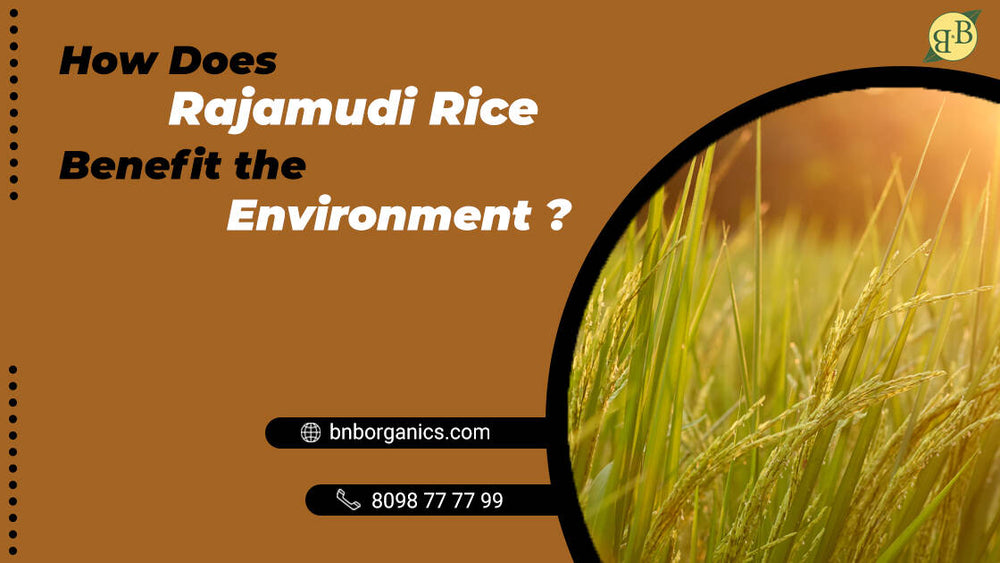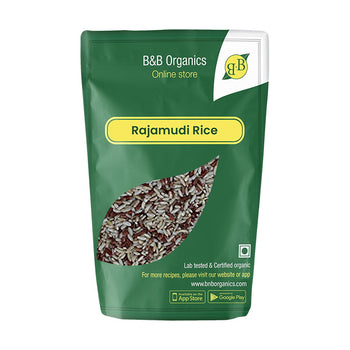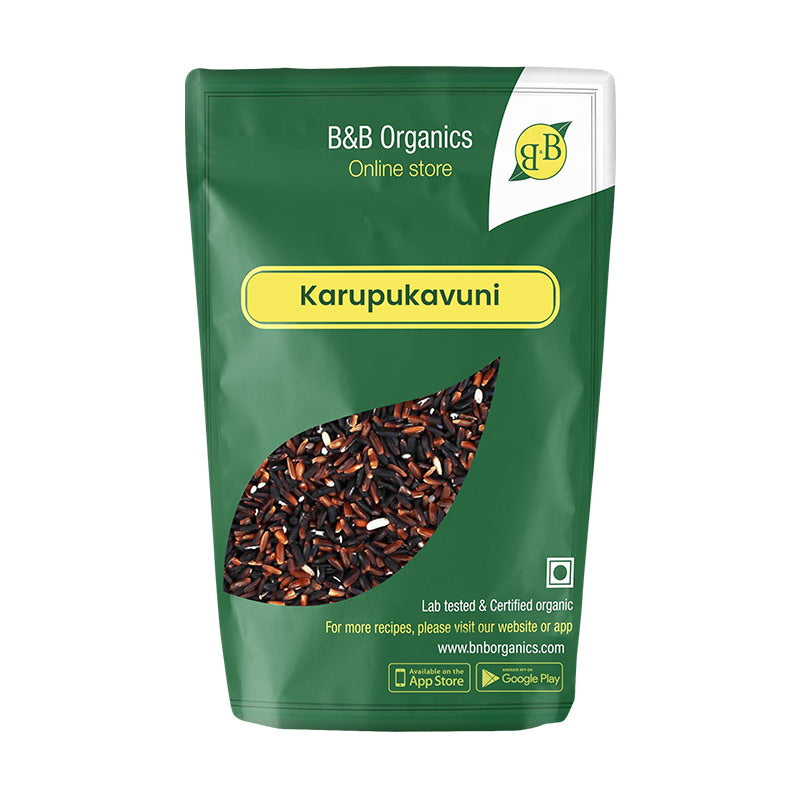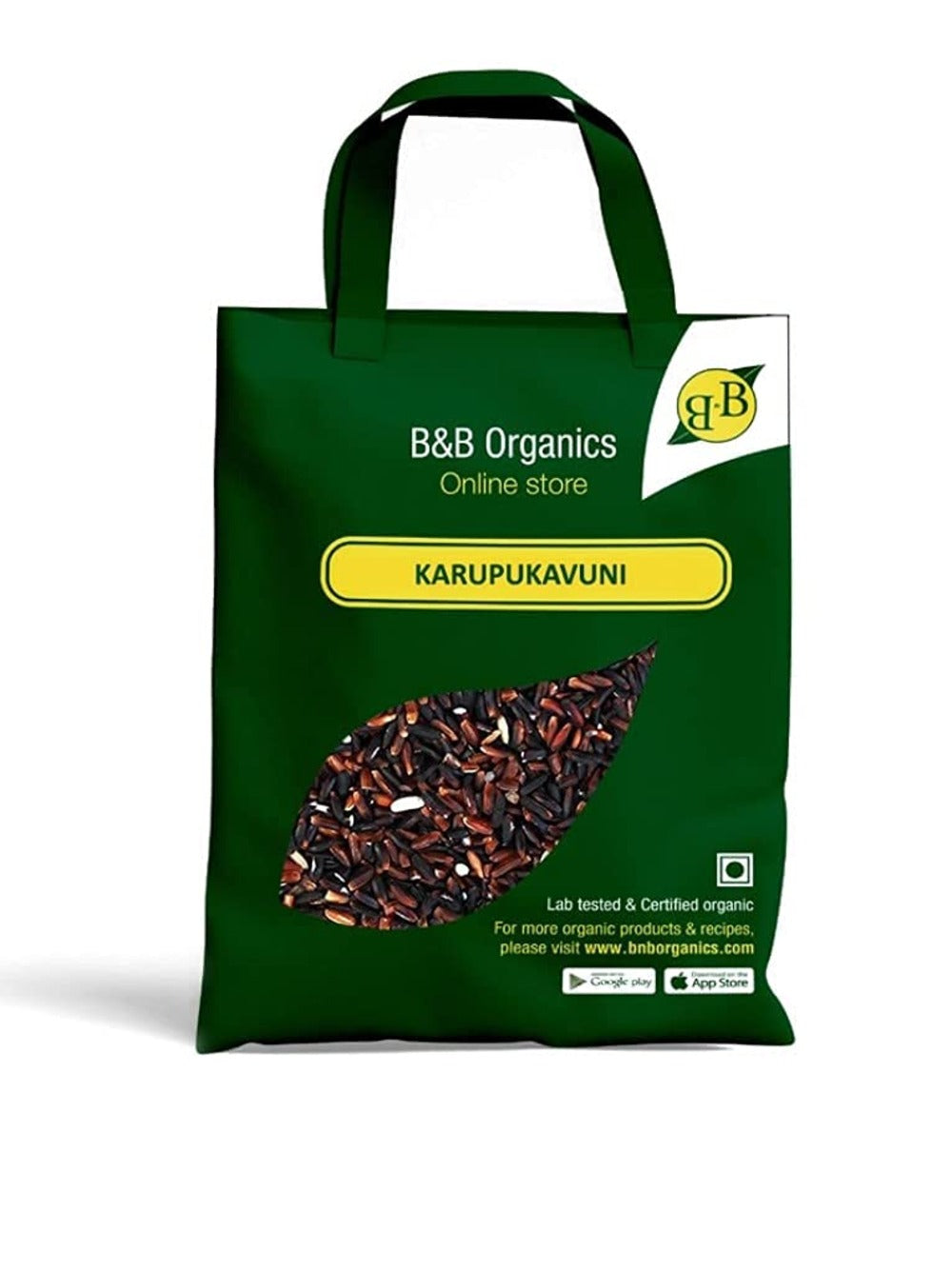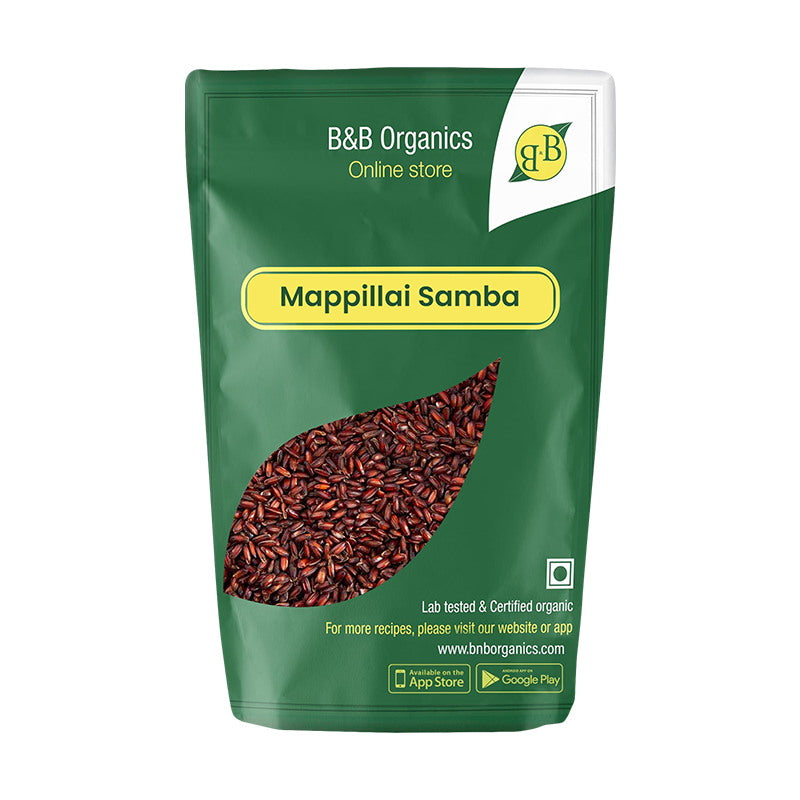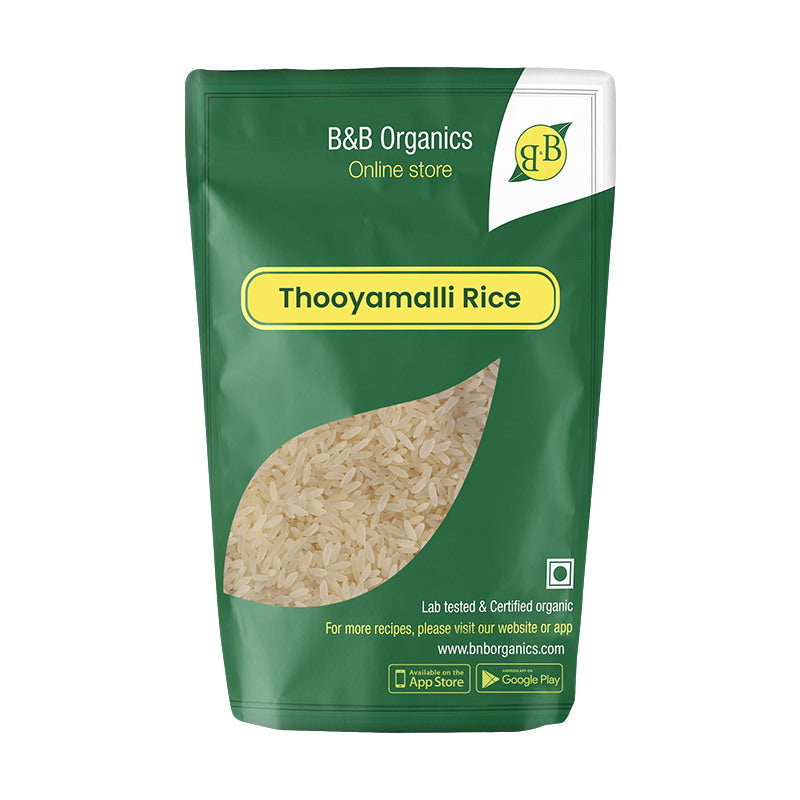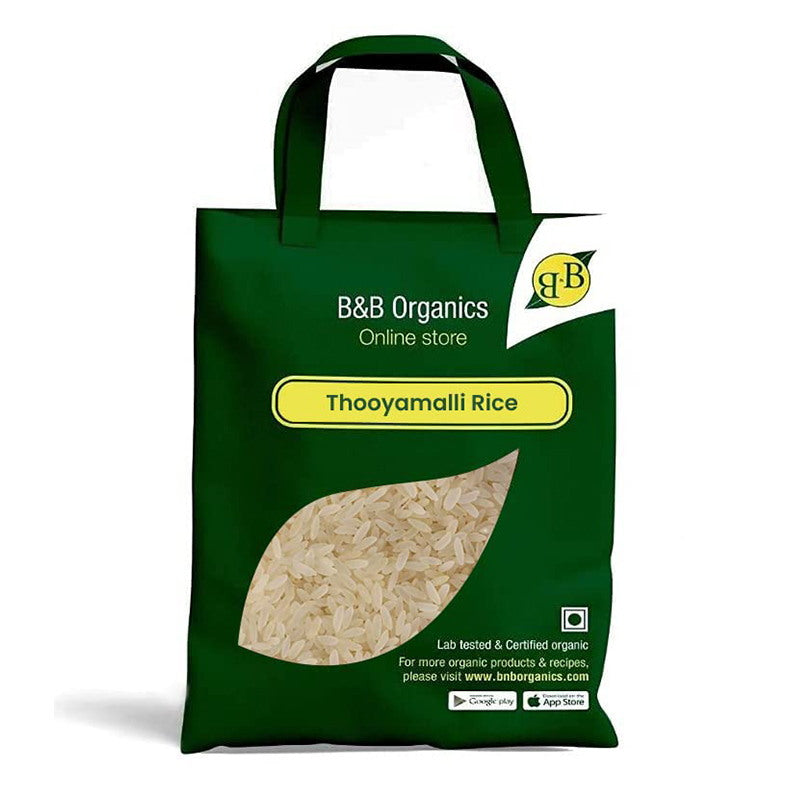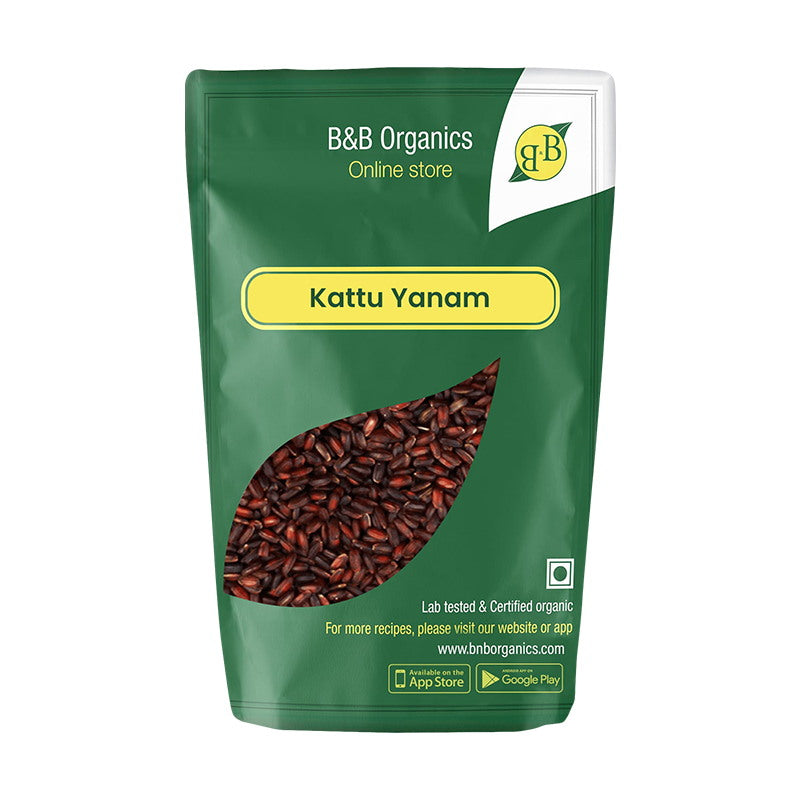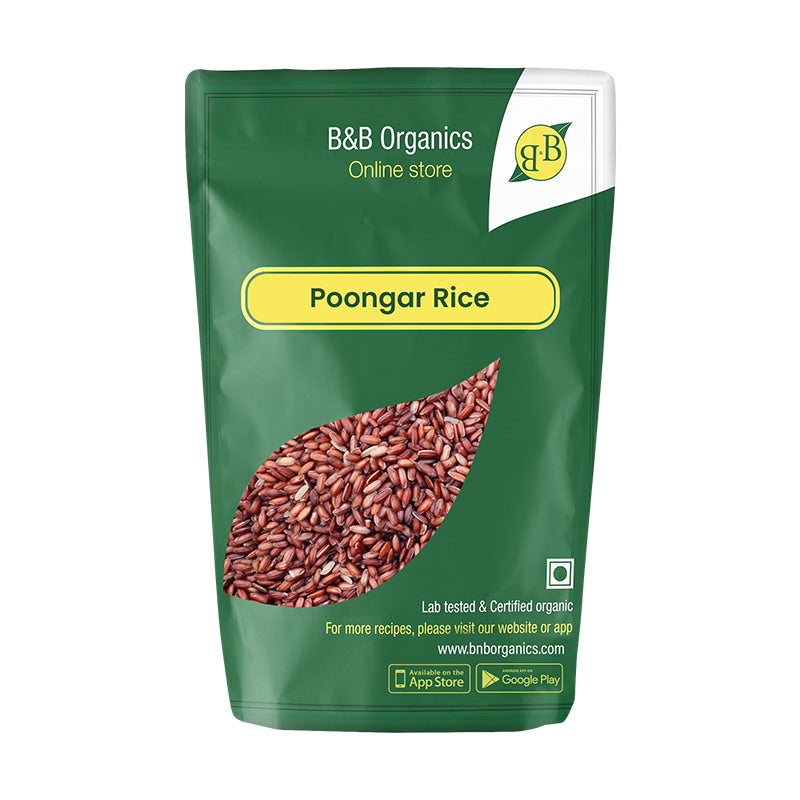Rajamudi Rice, a unique and aromatic rice variety primarily cultivated in the region of Karnataka, India, not only offers culinary delights but also brings several environmental benefits. This organic and sustainable crop has gained recognition for its positive impact on the environment. Let's explore how Rajamudi Rice benefits the environment.
Biodiversity Conservation:
The cultivation of Rajamudi Rice promotes biodiversity conservation. Unlike hybrid rice varieties, Rajamudi Rice is an open-pollinated heirloom variety. It is grown using traditional methods, preserving the natural genetic diversity of rice. This diversity plays a crucial role in maintaining a healthy ecosystem by supporting a wide range of plants, insects, birds, and other organisms. By cultivating Rajamudi Rice, farmers contribute to the preservation of local biodiversity.
Water Conservation:
Water scarcity is a significant concern in agricultural practices. However, Rajamudi Rice is known for its water-saving qualities. It requires less water compared to conventional rice varieties. The cultivation of Rajamudi Rice involves the use of traditional irrigation techniques, such as flood irrigation or drip irrigation, which optimize water usage and minimize wastage. This water-efficient approach helps conserve this precious natural resource and mitigate the impact of water scarcity.
Reduced Chemical Inputs:
Rajamudi Rice cultivation emphasizes organic farming practices, minimizing the use of chemical inputs. Farmers rely on natural fertilizers, such as farmyard manure and compost, to enrich the soil and promote plant growth. This reduces the dependence on synthetic fertilizers and pesticides, which can have detrimental effects on the environment. By minimizing chemical inputs, Rajamudi Rice cultivation supports healthier soil, water systems, and ecosystems.
Soil Health and Conservation:
Rajamudi Rice cultivation practices prioritize soil health and conservation. The use of organic farming methods enhances soil fertility, structure, and microbial activity. Organic matter, added through composting and organic inputs, improves soil structure, increases water retention capacity, and reduces soil erosion. These practices promote sustainable agriculture, preserving the long-term productivity and health of the soil.
Carbon Sequestration:
Rajamudi Rice cultivation contributes to carbon sequestration, the process by which carbon dioxide is removed from the atmosphere and stored in the soil and plants. Rice fields serve as carbon sinks, capturing atmospheric carbon dioxide during the growth process. Additionally, organic farming practices associated with Rajamudi Rice cultivation enhance soil organic carbon content, further aiding in carbon sequestration. This helps mitigate climate change by reducing greenhouse gas emissions and promoting a healthier environment.
Resource Efficiency:
Rajamudi Rice cultivation prioritizes resource efficiency. By using traditional and indigenous farming techniques, farmers optimize the use of available resources. The organic farming methods associated with Rajamudi Rice cultivation minimize the use of external inputs, reducing the consumption of energy, water, and synthetic fertilizers. This resource-efficient approach promotes sustainable farming practices and reduces the ecological footprint of rice production.
Crop Resilience:
Rajamudi Rice exhibits natural resistance to pests and diseases. Its inherent resilience reduces the need for chemical pesticides, which can have adverse effects on the environment and human health. By cultivating Rajamudi Rice, farmers can minimize pesticide usage, contributing to a healthier ecosystem and reducing the risk of pesticide contamination in water bodies and surrounding areas.
In conclusion, Rajamudi Rice offers several environmental benefits due to its organic cultivation practices and inherent qualities. By promoting biodiversity conservation, water conservation, reduced chemical inputs, soil health, carbon sequestration, resource efficiency, and crop resilience, Rajamudi Rice cultivation contributes to sustainable agriculture and the preservation of our environment. Embracing this eco-friendly rice variety helps create a healthier and more sustainable future for generations to come.


